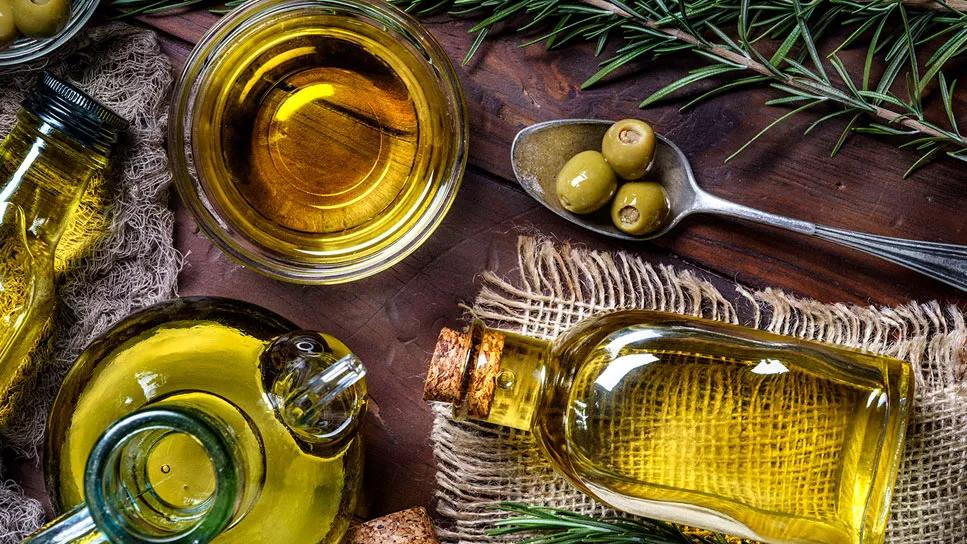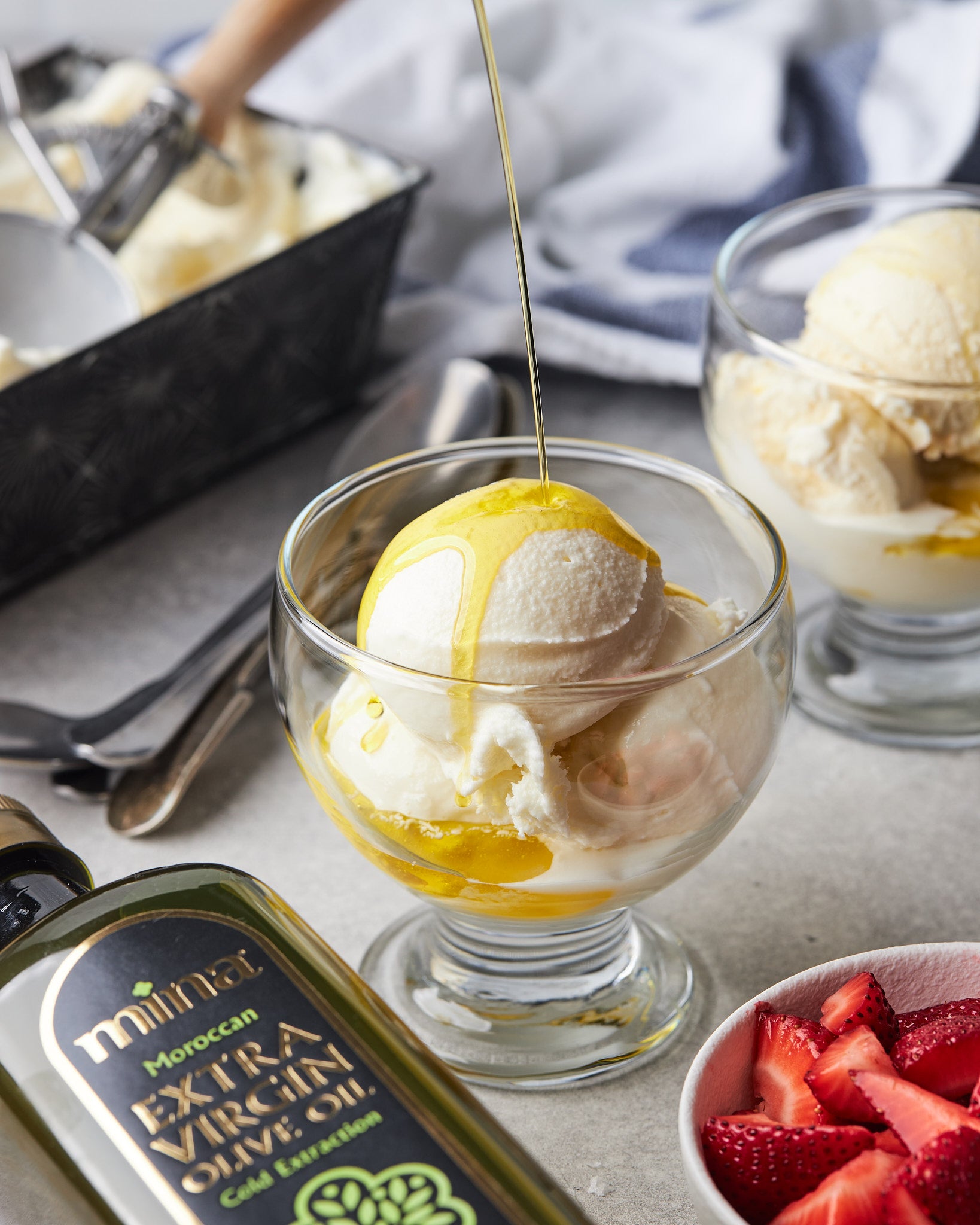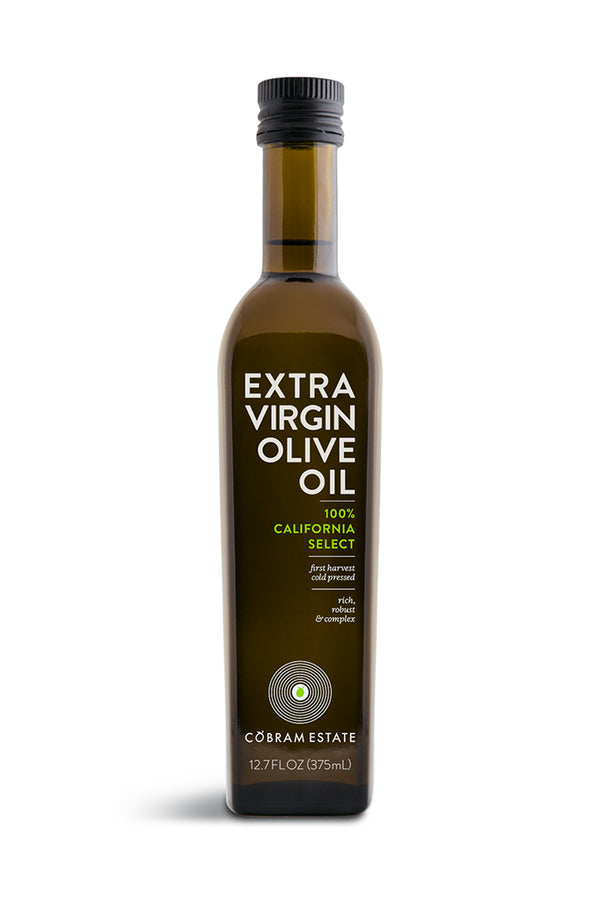Extra Virgin Olive Oil Benefits: Why It’s Essential for Your Mediterranean Diet
Extra Virgin Olive Oil Benefits: Why It’s Essential for Your Mediterranean Diet
Blog Article
Exploring the Various Kinds Of Olive Oil and Their Usages, Including Additional Virgin Olive Oil
The exploration of olive oil includes a diverse variety of kinds, each offering distinct flavors and cooking applications. Extra virgin olive oil, renowned for its superior top quality and health benefits, serves as a staple in many cooking areas, yet it is just one element of this complex active ingredient.
What Is Olive Oil?
Stemmed from the fruit of the olive tree, olive oil is a staple in Mediterranean food and a vital ingredient in numerous culinary applications. This versatile oil is created by pressing whole olives, leading to a fluid that varies in color, fragrance, and flavor depending on the sort of olives used, the area of cultivation, and the removal process. Olive oil is mostly made up of monounsaturated fats, specifically oleic acid, which is recognized for its prospective health benefits, consisting of anti-inflammatory residential or commercial properties and cardiovascular support.
In addition to its cooking usages, olive oil has a long background of application in standard medicine and skin care, owing to its abundant antioxidant web content (extra virgin olive oil benefits). The oil is typically utilized in dressings, marinades, and for cooking techniques such as sautéing and roasting. Its distinct flavor account can enhance the taste of different meals, making it a necessary component for both home cooks and professional cooks
Furthermore, olive oil is celebrated for its role in the Mediterranean diet plan, which is associated with various health and wellness advantages. As recognition of these advantages grows, olive oil remains to get popularity worldwide as a basic element of a healthy and balanced lifestyle.
Kinds Of Olive Oil
Recognizing the numerous kinds of olive oil is vital for both health-conscious customers and cooking lovers. Olive oil is classified mostly based on its removal method and quality, which dramatically influences its wellness, taste, and fragrance benefits.

Light olive oil, despite its name, describes a lighter flavor and not lower calories. It is perfect for those looking for an extra refined preference in dressings and marinates. Furthermore, there are flavored olive oils instilled with natural herbs, flavors, or citrus, which can enhance meals without the requirement for added seasoning.
Each kind of olive oil serves details culinary purposes, and understanding these differences permits consumers to make educated choices that straighten with their cooking styles and health goals.
Additional Virgin Olive Oil
Bonus virgin olive oil (EVOO) is widely concerned as the finest olive oil available, renowned for its rich flavor and various health advantages. To be categorized as added virgin, the oil needs to be generated from fresh olives making use of mechanical processes, without making use of solvents or excessive heat. This careful method preserves the oil's all-natural flavors, anti-oxidants, and healthy fats, leading to an item with a low level of acidity degree of less than 0.8%.
EVOO is bountiful in monounsaturated fats, specifically oleic acid, which is connected to decreased inflammation and improved heart health and wellness. It also has polyphenols, powerful anti-oxidants that might offer protective effects versus persistent conditions. The taste profile of EVOO can differ considerably depending on the olive range and area of manufacturing, varying from fruity and grassy to durable and sharp.

Culinary Utilizes of Olive Oil

In cooking, olive oil can be used for sautéing, toasting, and cooking, supplying a healthier option to butter or other fats. Its high smoke factor makes it suitable for numerous cooking methods, while its antioxidants contribute to a heart-healthy diet. Sprinkling olive oil over finished dishes, such as pasta, fish, or smoked veggies, can boost flavors and add a touch of beauty.
Additionally, olive oil plays a substantial function in baking, where it can replace typical fats in recipes for bread and pastries, imparting wetness and a refined taste. It also functions as a base for instilled oils, permitting chefs to try out flavors such as garlic, natural herbs, or chili, even more expanding its culinary potential. Overall, olive oil's versatility makes it essential in both home and expert kitchen areas.
Finding High Quality Olive Oil
When choosing quality olive oil, it's important to consider several key aspects that influence the item's wellness, taste, and scent benefits. Choose for additional virgin olive oil (EVOO), which is acquired from the first chilly pushing of olives and consists of the highest possible degrees of antioxidants and helpful substances. Search for oils that are accredited by recognized companies, as this frequently ensures adherence to rigorous top quality standards.
The packaging also plays a considerable role in my explanation maintaining the oil's stability. Choose oils saved in dark glass bottles or tins to secure versus light deterioration. Focus on the harvest day; fresher oils use exceptional flavor and nutritional worth, so pick products that are within 18 months of their harvest.
On top of that, think about the beginning of the oil. High-grade olive oils often originate from particular areas understood for their unique flavor profiles, such as Italian, Spanish, or Greek oils. Lastly, be aware of the taste; a top quality olive oil ought to have a balance of fruity, bitter, and peppery notes, showing its splendor and complexity. By evaluating these aspects, you can ensure you are picking the finest olive oil for your culinary demands.
Final Thought
In recap, the exploration of different types of olive oil exposes distinct attributes and applications, with extra virgin olive oil representing the peak of quality because of its reduced acidity and high antioxidant web content. Its adaptability in cooking uses enhances read review flavors in dressings, marinades, and drizzles. Comprehending the different selections of olive oil enables notified selections in food preparation approaches, promoting healthier methods while enhancing the overall gastronomic experience. Quality selection continues to be crucial for optimal advantages.
Derived from the fruit of the olive tree, olive oil is click here to find out more a staple in Mediterranean food and a crucial component in numerous cooking applications.The most typical kinds of olive oil include fine-tuned olive oil, pure olive oil, and light olive oil.Extra virgin olive oil (EVOO) is commonly pertained to as the highest possible quality olive oil available, popular for its abundant flavor and numerous wellness benefits. Opt for added virgin olive oil (EVOO), which is derived from the first chilly pressing of olives and includes the highest degrees of antioxidants and useful substances.In summary, the exploration of various types of olive oil exposes distinct features and applications, with extra virgin olive oil representing the pinnacle of top quality due to its reduced level of acidity and high antioxidant material.
Report this page